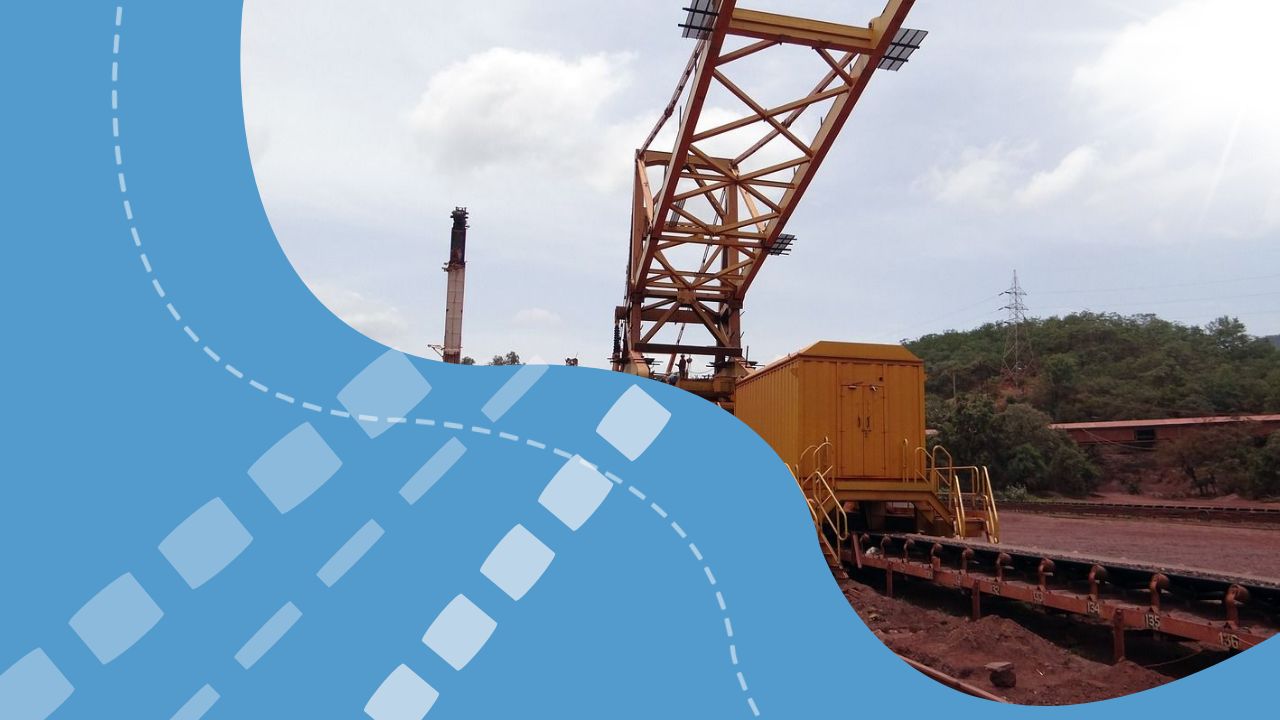Steppes to Net Zero
This report provides a comprehensive perspective on Kazakhstan’s energy transition pathway, striking a delicate balance between energy costs, supply reliability, and environmental sustainability. It sheds light on the economic risks associated with continued support for coal-fired generation and highlights the need for international funding to assist the country in its just transition. While Kazakhstan’s individual contribution to global emissions may be limited, similar to that of Spain or France, its emissions intensity relative to GDP remains alarmingly high, with the energy sector being the primary source of greenhouse gas emissions, accounting for 82.4% of the country’s total emissions. Fuel combustion alone is responsible for 70.5% of Kazakhstan’s overall greenhouse gas emissions. Additionally, the Central Asian region is highly vulnerable to the impacts of climate change, further emphasizing the urgency of taking action.
It is important to note that there is currently no political commitment to phase out coal due to concerns over potential disruption to the socio-spatial and economic balance. Political support for coal-fired technologies is driven by the inflexibility of the energy system and the legacy of district heating. However, maintaining support for coal in the long term poses significant economic risks and hinders investment in activities that could diversify Kazakhstan’s economy and facilitate a just transition.
The upcoming decade or so will be crucial in laying the groundwork for the new economy. Failing to do so will result in economic stranding, as legacy revenue streams and traditional jobs dwindle without the offset from new, clean revenue streams and employment opportunities.
Kazakhstan’s current low carbon price fails to incentivize energy transformation and proves to be an ineffective policy tool, especially considering the availability of free quotas. To facilitate Kazakhstan’s energy transition, it is imperative to establish a higher carbon price through reduced free quotas and government auctions.
By 2030, the integration of renewable energy sources will necessitate the implementation of storage at scale to ensure system flexibility. Governmental planning and support for the rollout of storage infrastructure will be vital during this decade.
Financial aid is essential for Kazakhstan to expedite its transition to clean energy. Blended concessional financing should be made available to facilitate the just transition from coal to clean power, contingent upon the existence of a credible coal phaseout plan.
Current political and technological commitments run the risk of perpetuating the fossil fuel infrastructure and impeding the growth of renewables. Power prices are expected to rise significantly with the addition of new coal plants or retrofitting of existing ones. However, the inclusion of renewables, which have demonstrated declining price trends in renewable energy auctions, will lower power prices for end users. New coal plants are twice as expensive as new renewables with storage, and breaking even would require a doubling of power tariffs. Under our base scenario, new renewables will outcompete existing coal units within one year, while renewables with storage will be cost competitive within five years. It is crucial to accelerate and expand the deployment of renewables on a larger scale than currently envisioned.

